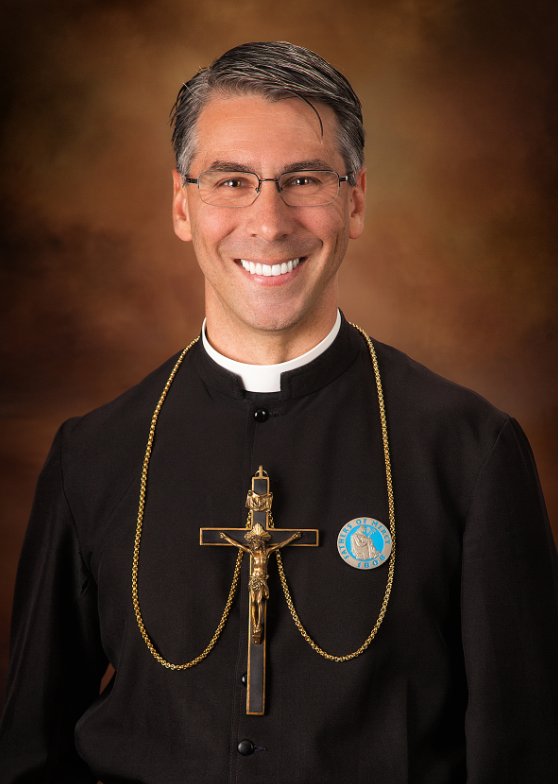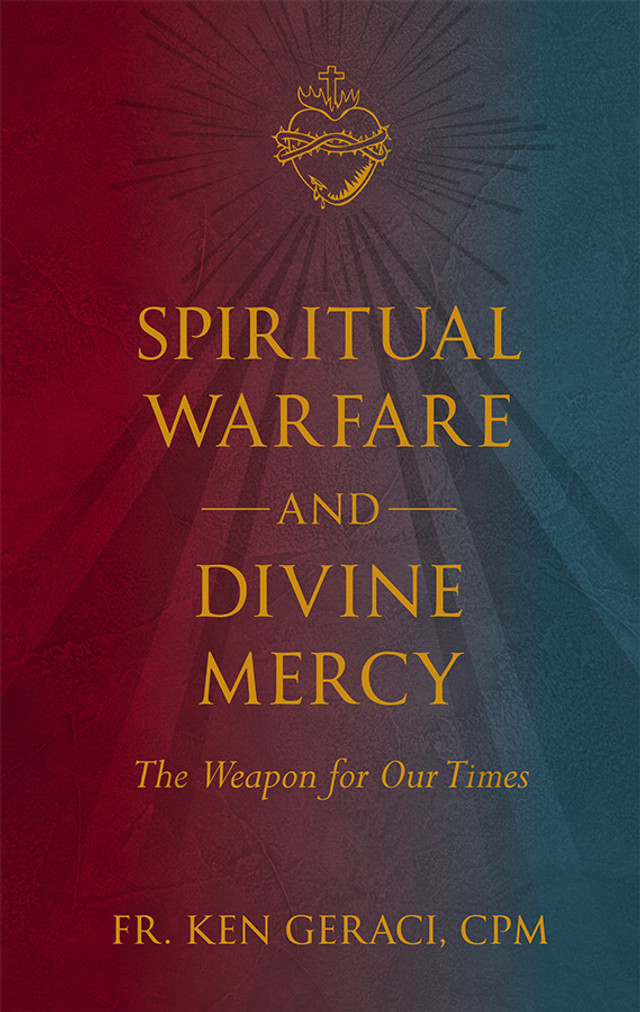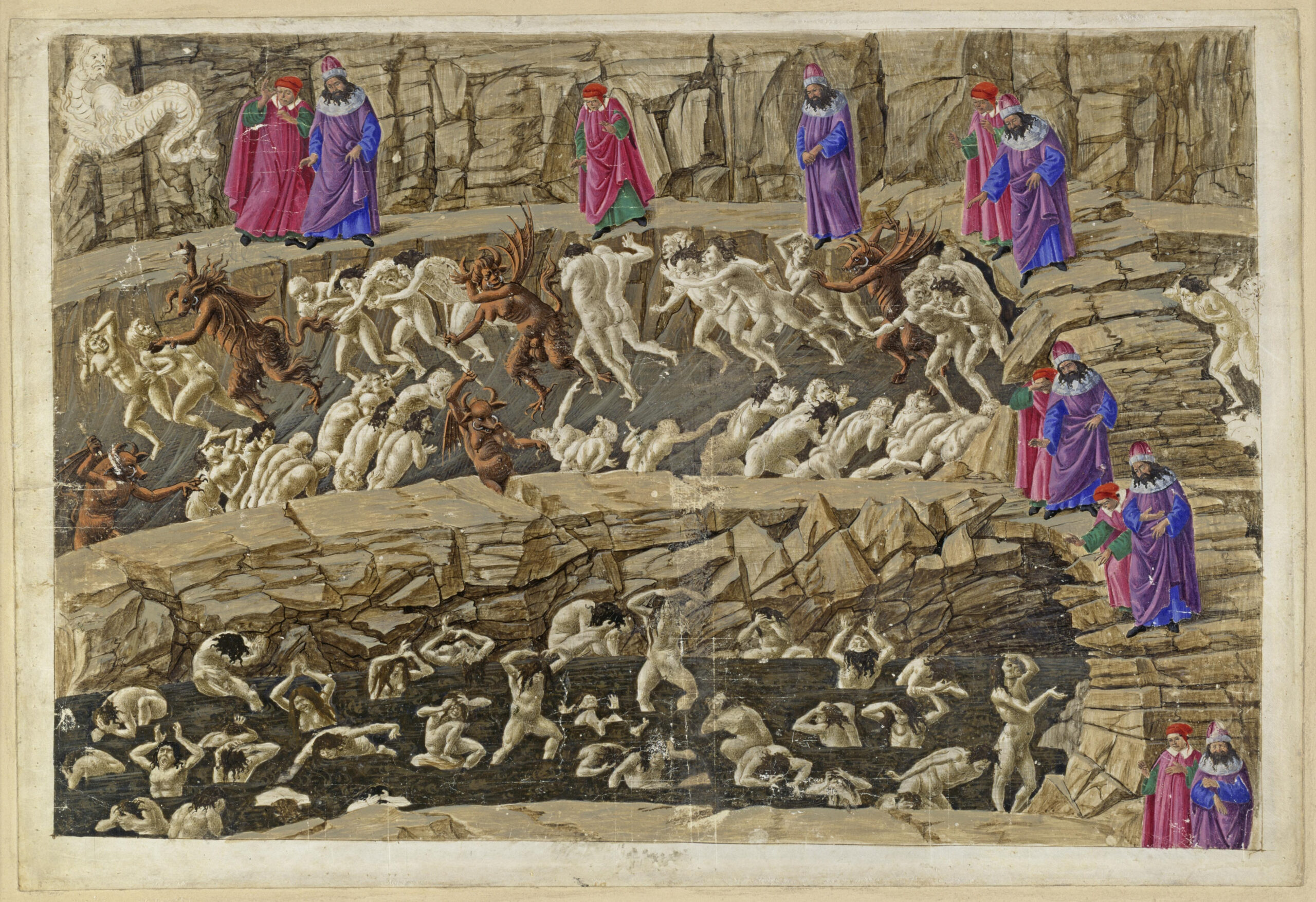Frequent and fruitful confession is necessary for the soul’s sanctification and salvation. Discover the unbelievable graces and mercy open to you in the confessional.
The Power of Confession
Fr. Gabriele Amorth served as an exorcist and then the chief exorcist of Rome from 1986 until his death in 2016. For thirty years, Father Amorth performed over seventy thousand exorcisms. In many of his writings, interviews, and books, he spoke of the immense power of the sacrament of confession. In one interview, he explained that in some cases of possession, a thorough sacramental confession is enough to liberate a person from the control of the devil.
Listen to the words of Our Lord to Saint Faustina about the power of confession:
Write, speak of My mercy. Tell souls where they are to look for solace; that is, in the Tribunal of Mercy [the confessional]. There the greatest miracles take place [and] are incessantly repeated. To avail oneself of this miracle, it is not necessary to go on a great pilgrimage or to carry out some external ceremony; it suffices to come with faith to the feet of My representative and to reveal to him one’s misery, and the miracle of Divine Mercy will be fully demonstrated. Were a soul like a decaying corpse so that from a human standpoint, there would be no [hope of] restoration and everything would already be lost, it is not so with God. The miracle of Divine Mercy restores that soul in full. Oh, how miserable are those who do not take advantage of the miracle of God’s mercy! You will call out in vain, but it will be too late. (Diary 1448)
A sacramental confession frees the sinner from the hands of the devil and immerses him in the love of God. At every confession, the fullness of the graces of Christ’s sacrifice on Calvary is poured out on each individual soul; it is as if Christ died for you, and you alone.
Satan, however, tempts us to deny responsibility for our sins, or even worse, presume that God is not offended by them. Our only defense is to take responsibility for our sins and throw ourselves at the feet of our merciful Savior. The only weapon that can defeat the prince of darkness is light; to overturn a kingdom ruled by pride, we need humility. Prior to your confession, you will need to examine your conscience. Even though you may be overtly aware of a grave sin that is prominent in your life, it is worthwhile to read through an examination of conscience pamphlet to see what else might be associated with that sin, or what other areas you have been failing in.
The Spiritual Effects of a Good Confession
The Catechism of the Catholic Church (CCC 1496) tells us the spiritual effects of a good confession:
- Reconciliation with God by which the penitent recovers grace
- Reconciliation with the Church
- Remission of the eternal punishment incurred by mortal sins
- Remission, at least in part, of temporal punishments resulting from sin
- Peace and serenity of conscience, and spiritual consolation
- An increase of spiritual strength for the Christian battle sin.
This is why Saint John Chrysostom once said, “Leading a person to a moral conversion is a greater miracle than raising a person from the dead.”
What does he mean by this? To raise a person from the dead is, in a sense, really not that difficult. All one must do is ask God to do it. If it is God’s will, God will send the soul back into the body of the deceased, heal what lead to death in the first place, and turn everything “back on.”
However, a moral conversion requires one with courage to speak the truth and one with humility to receive it. In addition, there is the spiritual battle going on, meaning the diabolic is working overtime to disrupt the reception of the truth. Though this is an oversimplification of both processes, it gives us a broad understanding of how much more complex is moral conversion.
Confessing without Fear
It is important to never conceal (or willfully not confess) any of your sins to a priest; this would be a “bad confession,” more technically called an invalid confession.
Sometimes people are embarrassed by their sins and are afraid the priest will recognize their voice or think less of them. The reality is that priests are normally hearing one confession after another and almost never remember anything. (We call it confessor’s brain). It is important to know that a confessor never thinks less of a person making his or her confession. Rather, we hold penitents in the highest esteem because they know they did wrong, have owned this reality, and are coming to Jesus to say sorry and ask for the grace to be better. Oh, that the whole world would go to confession! Parents, what would you think if your teenagers came up to you and said, “Mom, Dad, I need to tell you some things. Here are all the things I am doing wrong; I am really sorry for them and I want to be better.” What would a good parent’s response be?
In addition, a priest can never take what is said in the confession out from under the seal of confession. Even if the person comes up to the priest immediately after his or her confession and starts making references to what was said in the confessional, the priest cannot act on any knowledge obtained from a confession. If he willfully does, that priest immediately incurs excommunication.
We must confess without fear, because it is the merciful Jesus who waits for us there.
ooo
This article is taken from a chapter in Spiritual Warfare and Divine Mercy by Fr. Ken Geraci, CP which is available from TAN Books.









